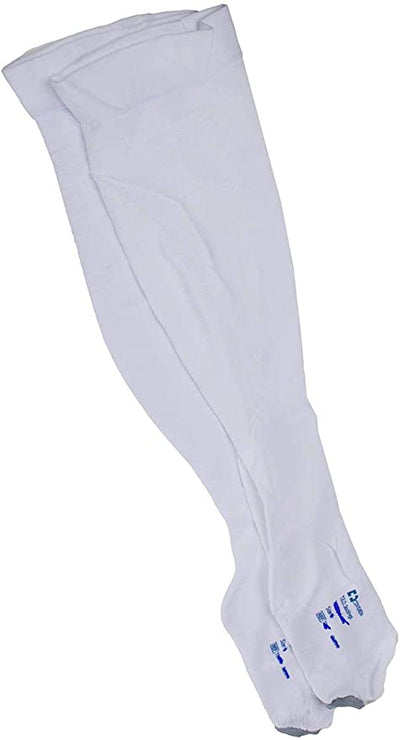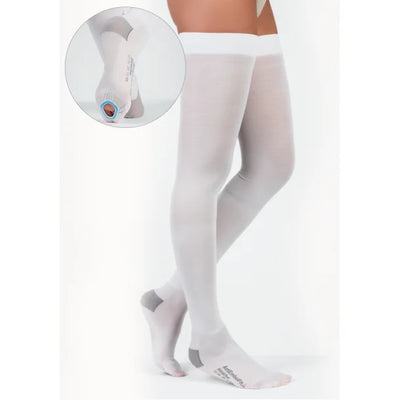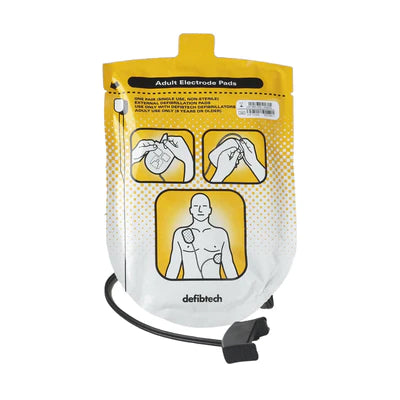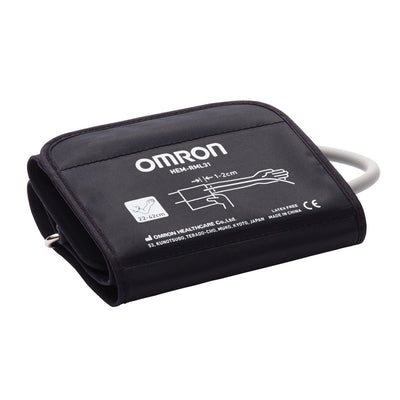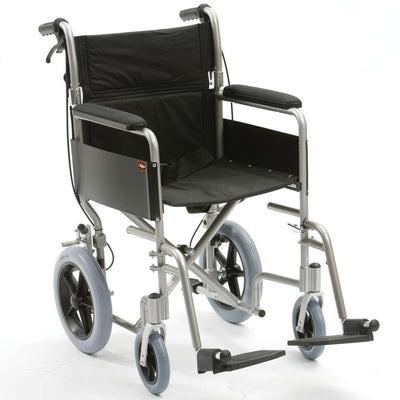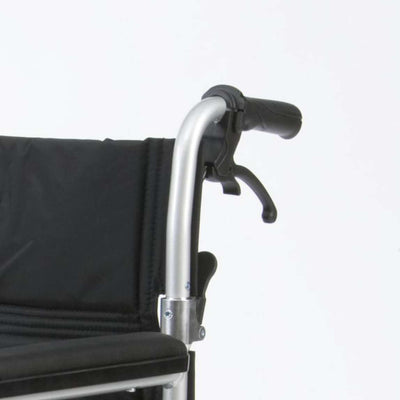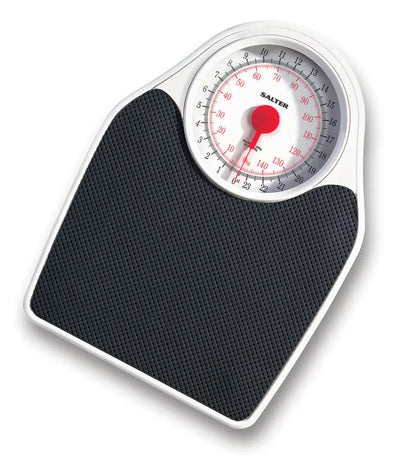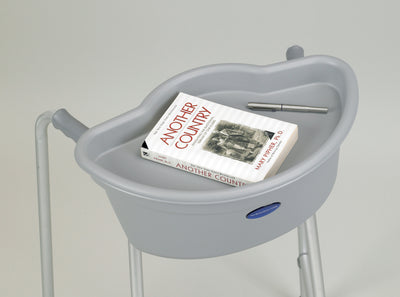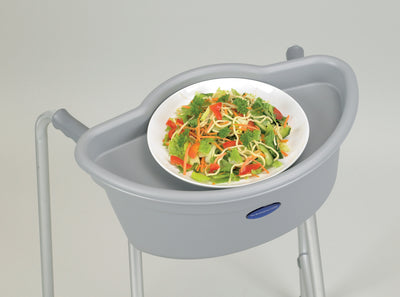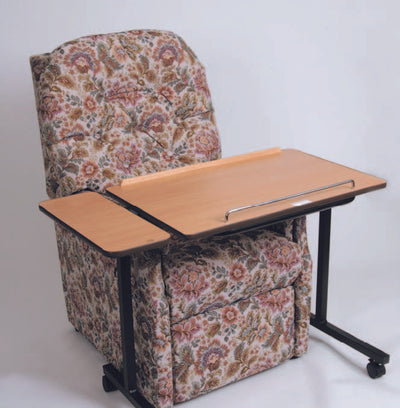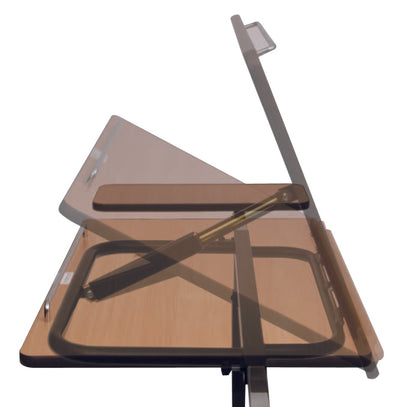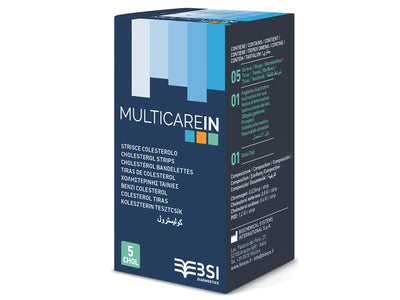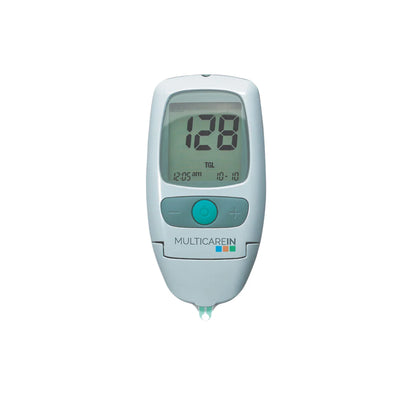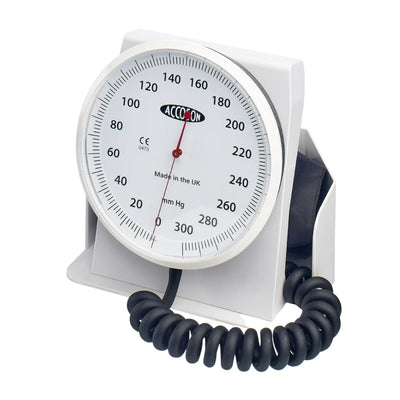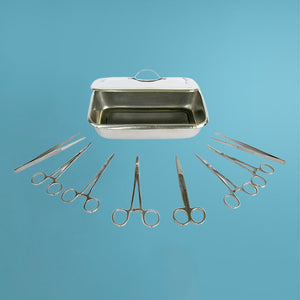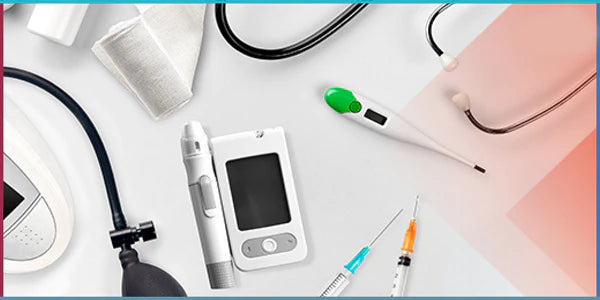When it comes to handling minor injuries and ailments, and keeping good check on monitoring certain health conditions at home, having a few essential medical devices at home can be hugely beneficial.
Of course, it's important to consult your GP or specialist on the medical kit you might need at home to deal with your specific and individual health needs, here are the five common medical supplies & devices that we recommend you have in your home to keep you and your household safe and ready for medical emergencies:
- First Aid Kit: A well-stocked first aid kit is crucial for treating minor injuries, cuts, burns, and sprains. Make sure it includes items like adhesive bandages, sterile gauze pads, adhesive tape, antiseptic solution or wipes, scissors, tweezers & disposable gloves. Having a first aid manual or guide is an often-overlooked addition, but it’s worth having and reading so you know how to handle any medical situation that might arise.
- Digital Thermometer: A reliable digital thermometer is essential for monitoring body temperature, especially during illnesses. Choose a thermometer suitable for oral, rectal, or axillary (underarm) use. Digital thermometers are quick, accurate, and easy to use for temperature measurement and, depending on your preference, come as either a forehead thermometer, in-ear thermometer or an oral/rectal thermometer.
- Blood Pressure Monitor: A blood pressure monitor allows you to keep track of your blood pressure at home, which is important for anyone with hypertension, irregular heartbeat and many other cardiovascular conditions. They’re simple to use, most are digital and your readings can be stored for your own records and for use during your GP consultations.
- Pulse Oximeter: A pulse oximeter measures oxygen saturation levels and pulse rate. Since the Covid-19 pandemic, they have begun to feature more and more in at-home medical kits as they’re extremely valuable devices for monitoring respiratory conditions at home. Monitoring oxygen saturation levels can give accurate signs of physical deterioration and is an incredibly useful action in terms of knowing when to call for emergency support when someone is unwell.
- Glucose Monitor/ blood sugar monitor: For anyone with diabetes, an at-home or mobile glucose monitor will become an essential piece of medical kit for the regular monitoring of blood glucose levels. Glucometers are incredibly easy to use and require just a small blood sample for testing. Results are instant and they’re perfectly safe to use without medical supervision. Make sure you stock up on glucose monitor test strips and alcohol skin wipes too.
Always follow the manufacturers instructions provided with these devices and regularly maintain them properly. Your GP or health specialist will be able to help you with any concerns.
June 2023
